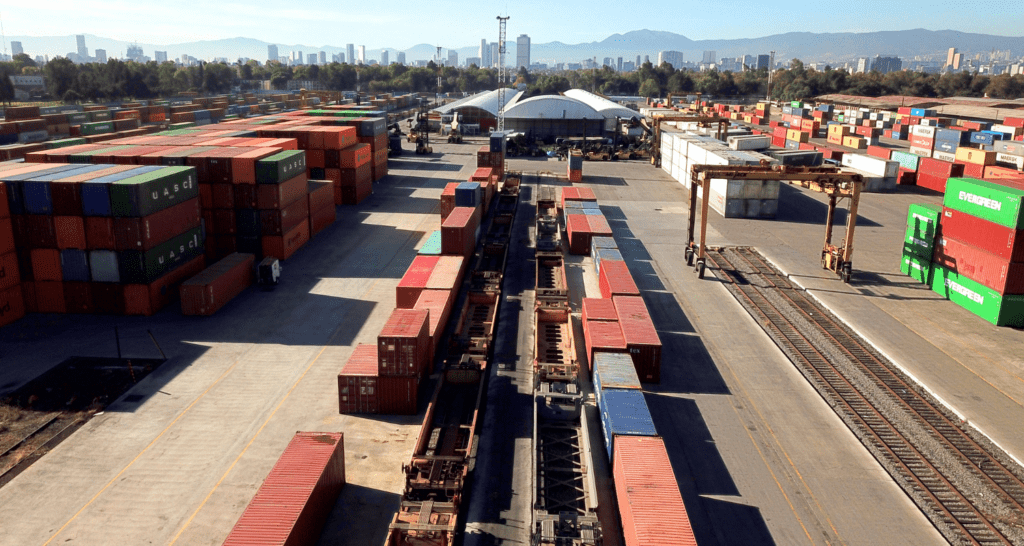Mexico will apply new tariffs on 1,463 tariff items, marking the biggest tightening of its trade policy in the last four decades.
The government will impose tariffs of between 10% and 50% on 16.8% of products arriving from abroad without existing trade agreements, and the measure was set out in a decree signed by President Claudia Sheinbaum.
The tariffs will cover 1,463 tariff items out of a total of 8,177 that make up the TIGIE, the General Import and Export Tax Law Tariff. In practice, almost one in six imported products will face an additional cost.
Mexico will apply new tariffs
The sectors involved are broad. Among others, these include the automotive, textile, plastics, steel, household appliances, aluminum, toys, furniture, footwear, paper, motorcycles, trailers, and glass industries. The new taxes will take effect 30 days after their publication in the Official Gazette of the Federation and will remain in force until December 31, 2026.
Sheinbaum maintains that the tariffs are not being applied solely for revenue purposes. The main objective is to protect the domestic market and correct trade distortions. According to the decree, the opening up of the economy in recent decades has favored the importation of inputs, weakened productive sectors, and increased vulnerability to external shocks.
Now the strategy is changing. The plan aims to ensure that production takes place in Mexico and that jobs are created for Mexican workers. In addition, the proposal is aligned with the National Development Plan and Plan Mexico 2030. The goal is for at least 50% of strategic suppliers to be Mexican, including innovation and technological development.
Industrial boost
The initiative also responds to a long-standing demand from industry. It aims to protect better-paid jobs, prevent unfair trade practices, boost regional supply chains, and align tariff policy with sustainable development criteria.
The fiscal impact will be significant. According to the Ministry of Finance, tax revenues from imports will increase by 40.7% in 2026. In nominal terms, revenue will rise from 181.1 billion pesos in 2025 to 254.8 billion in 2026.
The weight of this revenue will also grow. Its share of total revenue will increase from 3.3% in 2025 to 4.4% in 2026. At the same time, the Ministry of Finance forecasts that total tax revenues will reach 5 trillion 838.6 billion pesos, with real growth of 5.7%.
In conclusion, the new tariffs represent a shift in Mexican economic policy. Rather than a trade barrier, the government presents them as a strategic tool for industrialization, job protection, and ensuring inclusive growth.

